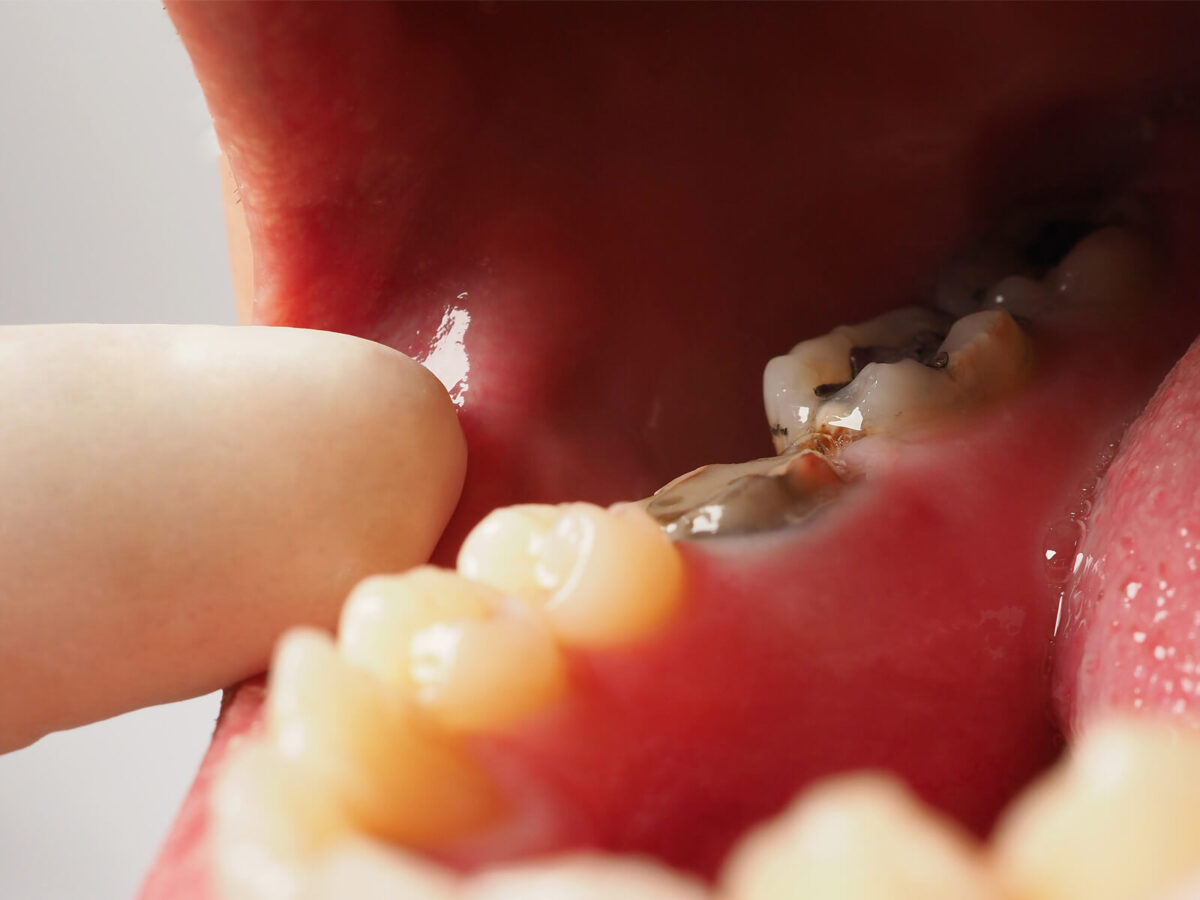Blog
Dental hygiene tips for healthy teeth & gums

Tartar Deposits On Teeth: Treatment And Prevention
If you’ve ever had a dental cleaning, you’ve probably heard the term “tartar” mentioned by your dentist or dental hygienist. But what exactly is tartar, and why is it a cause for concern when it comes to your oral health? In this article, we’ll dive deep into tartar deposits on teeth, explore their treatment and prevention, and offer some practical tips to keep your smile tartar-free.
Understanding Tartar Deposits: The Sneaky Culprit
Tartar, also known as dental calculus, is a hard, mineralized deposit that forms on your teeth. It’s not something you can simply brush or floss away; tartar deposits require professional dental cleaning to remove. Tartar buildup is a result of plaque, a sticky film of bacteria that naturally forms on your teeth. When plaque is not regularly removed through proper oral hygiene, it can harden and mineralize, turning into tartar.
Why is Tartar a Problem?
Tartar deposits pose several oral health issues that can’t be ignored. Here are a few reasons why it’s essential to prevent and treat tartar:
- Gum Disease: Tartar buildup can irritate your gums and lead to gingivitis, the earliest stage of gum disease. When gums are infected with gingivitis, they become red, swollen, and bleed. If left untreated, it can progress to more severe forms of gum disease, including periodontitis.
- Tooth Decay: Tartar buildup can provide a rough surface where bacteria can thrive. These bacteria produce acids that can erode tooth enamel, leading to cavities.
- Bad Breath: The presence of tartar can result in persistent bad breath, making it embarrassing and uncomfortable in social situations.
Treatment for Tartar Deposits
The primary method for removing tartar is through a dental cleaning performed by a dentist or dental hygienist. This process, known as scaling, involves the use of specialized tools to scrape away the hardened deposits.
While it may sound a bit intimidating, the procedure is generally painless, thanks to the local anesthesia applied beforehand. Regular dental check-ups are essential to catch and address tartar buildup before it leads to more significant oral health issues.
Preventing Tartar: Best Practices
Preventing tartar buildup is easier and less costly than treating it. Here are some practical steps you can take to keep your teeth tartar-free:
- Regular Brushing: Brush your teeth at least twice a day with fluoride toothpaste. Be sure to use a soft-bristle toothbrush and pay extra attention to the gumline, where tartar tends to accumulate.
- Floss Daily: Flossing is essential to remove plaque and food particles from teeth. Make it a daily habit to maintain a healthy smile.
- Choose the Right Toothbrush: An electric toothbrush can be more effective at removing plaque than a manual toothbrush. If you prefer a manual toothbrush, opt for one with soft bristles to prevent damage to your gums.
- Mouthwash: Consider using an antimicrobial or antiseptic mouthwash to help kill bacteria and reduce plaque formation.
- Watch Your Diet: Limit sugary and starchy foods, which can encourage bacterial growth. A diet rich in fruits, vegetables, and whole grains can promote better oral health.
- Stay Hydrated: Drinking plenty of water can help wash away food particles and bacteria, reducing the risk of plaque formation.
- Quit Smoking: Smoking can contribute to tartar deposits and various other oral health issues. Consider quitting to improve your oral health and overall well-being.
- Regular Dental Check-ups: Don’t skip your routine check-ups. Your dentist can catch tartar deposits early and provide guidance on how to maintain healthy teeth and gums.
In Conclusion
Tartar deposits on teeth may seem like a small concern, but they can have a significant impact on your oral health and overall well-being. The good news is that prevention is in your hands. By adopting a consistent oral hygiene routine and making healthy lifestyle choices, you can keep tartar at bay and enjoy a bright, healthy smile.
Remember, when it comes to tartar, an ounce of prevention is worth a pound of cure. So, take care of your teeth, and don’t forget to schedule those regular dental check-ups. Your smile will thank you for it!


